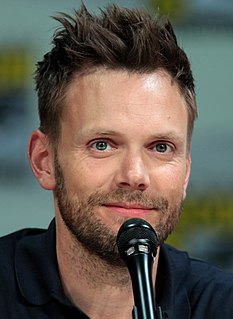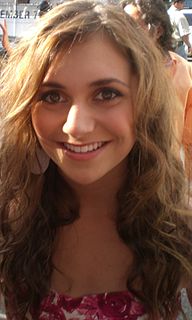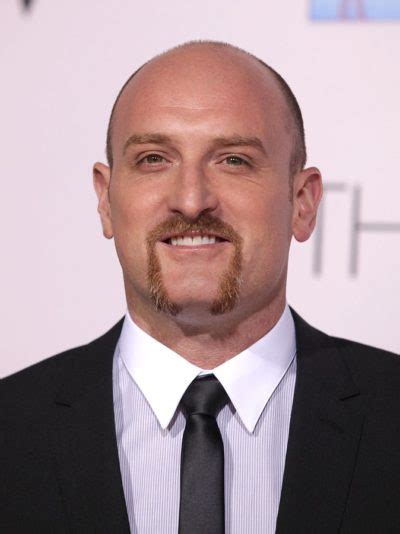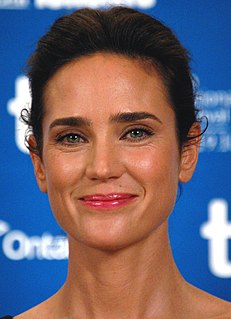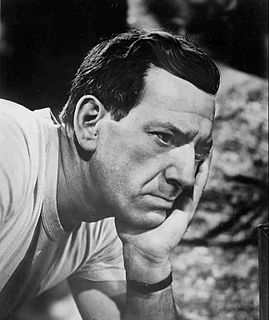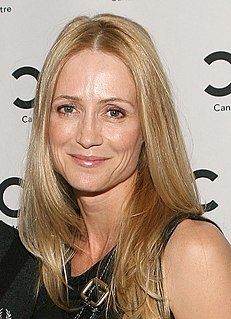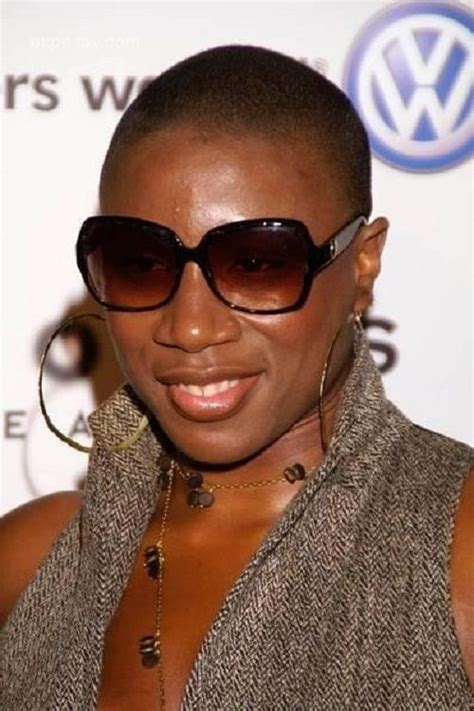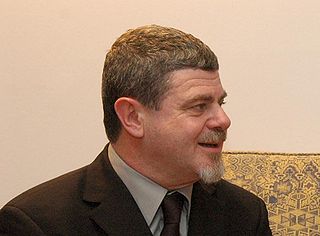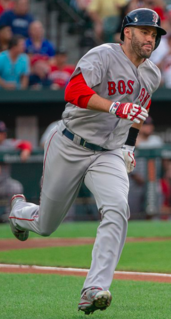A Quote by Joel McHale
Hours is an understatement. I honestly don't know how the director and editor decide each week what actually makes it on the air. There's of course director and cast commentary on each episode on the DVD. We had a blast recording that.
Related Quotes
You can give the greatest performance possible, but if you don't have a director who's pointing the camera in the right direction and an editor who's editing it properly, it doesn't matter what you do. The director and the editor are the most important people. Not the actors. Sometimes the writer is important. But if you don't have a good director, you can't have a good production.
One of the good things is the relationship between director and editor used to be more contentious. Studios used to leave directors alone more during the post production process and now they're clamoring to get in. So, the director and the editor end up teaming up sort of against the studio to fight what they're doing and you lose the creative tension that you used to have between an editor and a director.
The process always starts with detailed conversations with the director, followed by a spotting session (deciding where the music goes and doesn't go in the film, and what the music should be saying or not saying) in each scene. This is followed by sending the director demos of each cue for feedback.
The artistry on the show [ Underground] is apparent in each episode. From the riveting writing to the purposeful and precise direction, the masterful work of the DP [Director of Photography] Kevin McKnight and his crew, and the layers and depths each actor goes to to ensure we the audience feel a human connection to these characters led me to sign my name on the dotted line.
Starting in middle school, I would play on two or three baseball teams at the same time, because that's just how things worked in south Florida. I would practice six or seven days each week. I honestly don't know how my parents did it, but my dad always found a way to make it to each and every game.
Your actors need to trust you as a director, but normally, I think you just need to have an open communication between the actors and the director. I think the director needs to really paint his or her vision to the cast and let them know the kind of mood that he or she is making. I think that's very important.
